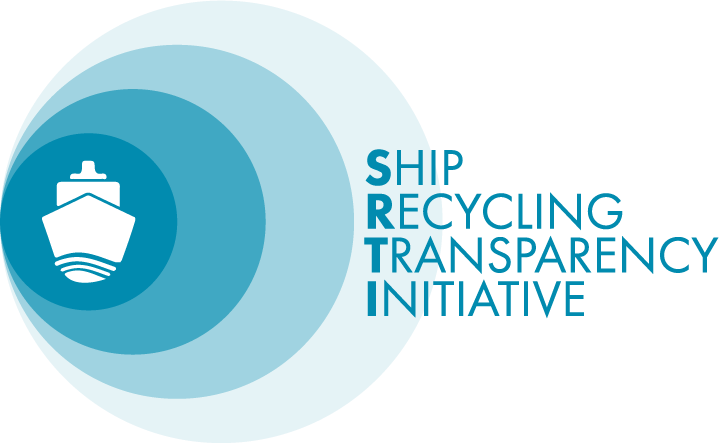Stolt Tankers B.V.
- 1. Company particulars and overall approach
- 2. Ship recycling policy and standards
- 3. Policy for selling owned vessels for further trading
- 4. Ship recycling contract
- 5. Inventory of Hazardous Materials (IHM) and Ship Recycling Documentation
- 6. Implementation of the ship recycling policy and standard
- 7. Other comments

Stolt Tankers B.V.
Rotterdam, Westerlaan 5, 3016 CK
https://www.stolt-nielsen.com
104
104
Stolt Tankers operates the world’s largest and most sophisticated fleet of chemical and parcel tankers, with over 70 deep-sea ships that are seamlessly integrated with regional fleets in Europe, Asia and the Caribbean; with coastal fleets in Asia; and with inland barging services in Europe and the U.S. Gulf.
Stolt Tankers (ST) will: • Recycle its ships in a manner safe for people and the environment. • Comply with all currently applicable recycling regulations, international and local, recycling ships in accordance with standards of the as-yet-unratified Hong Kong Convention. • Recycle ships in shipbreaking yards around the globe that maintain a high level of safety and environmental performance, that have achieved HKC compliance certification, and are improving their operations towards meeting EU standards. • Recycle ships in accordance with ST’s Recycling Handbook which captures experiences gained and best practices. • Keep records of the complete ship recycling process documenting compliance with procedures for preparation, execution and waste disposal, with reporting by onsite representatives. • Hazardous waste & downstream waste management: ST will deploy robust processes, control procedures and reporting for the handling and disposal of hazardous and other materials in accordance with international and national requirements. • Stolt Tankers applies its recycling policies to all ships in which Stolt has an ownership interest, including joint ventures.
Yes
No
2006
<25%
Yes
Yes
<25%
Stolt Tankers has a separate ant-corruption policy, which extends to the recycling process; all other topics are covered under the recycling policy.
Yes
We restrict acceptable yards to those whose recycling methods and procedures comply with our policies, regardless of location. We have found that, in practice, yards in certain geographic areas tend not to comply with our policies.
Yes
The selection process for yards is defined in our Recycling Handbook. It requires a detailed assessment process of prospective yards, including an onsite visit, to verify that the yards can in fact comply with our policies and required international and national regulations. While brokers may be used in the negotiation process, we will only negotiate with those yards that have first passed the physical/procedural compliance assessment. We do not sell to “cash buyers” who take over the yard selection role.
Yes
Yes
2006
No
N/A
No
Never
Never
Always
N/A
Never
Always
N/A
Yes
The MOA includes clauses requiring full access of the recycling process at all times, including the right for ST onsite representative to take photos and communicate directly with yard workers. Additionally, ST onsite representative can attend every yard operational and safety meeting; has access to all documentation and permits; can screen workers; is given a full overview of worker benefits.
Yes
Always
Always
Yes
IHM I is provided with suggestions of best handling. IHM II and III materials are reduced to a minimum before the ship arrives at the yard. Parts/supplies containing HM, typically spares & consumables (oils, chemicals, lamps, batteries) are transferred to other ships in ST fleet. We do require from the recycling facility: - Ship Recycling Facility Plan with HKC certified compliance by independent verifier. - Ship Specific Recycling Plan. We perform a Class survey (most frequently by DNVGL) at the last port before recycling to verify the ship’s compliance with the above reports. Class issues a “Certificate Ready to Recycle in Compliance of the HKC” following this survey.
Always
N/A
Always
ST uses its own detailed assessment criteria where 123 factors are rated and weighted to produce a final yard rating, with certain high-priority criteria (for people and the environment) able to generate a direct rejection.
Always
Never
Sometimes
Yards used by ST do have policies and formal processes for collecting anonymous feedback and actioning those issues. ST onsite representative, through direct communication with yard workers, encourages them to speak openly, and alerts management to issues that are brought to ST’s attention. This alert process has been successfully used on numerous occasions. We believe it better to manage these processes on an operational rather than contractual basis.
Never

